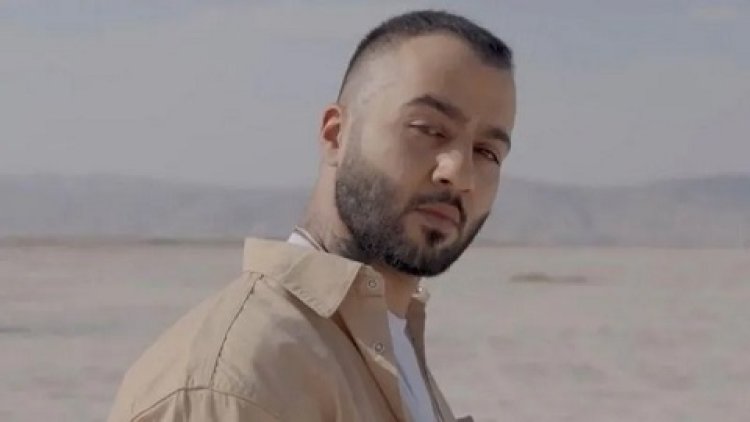Death penalty for Iranian rapper who backed anti-hijab demonstrations
An Iranian rapper who was imprisoned for endorsing anti-government demonstrations has been given the death penalty, according to his attorney.

In 2022, Mahsa Amini died in police custody after it was claimed that she had worn a "improper" headscarf. Toomaj Salehi's songs encouraged protests against her killing.
The rapper would file an appeal against the imposition of the death penalty, according to Amir Raesian, one of Mr. Salehi's attorneys. The Iranian government has not responded.
According to a BBC report, Mr. Salehi was charged with multiple offenses and initially taken into custody in October 2022 following his public declarations endorsing protests.
A Supreme Court decision spared him the death penalty, and in July 2023 he was sentenced to six years and three months in prison.
But according to Mr. Salehi's attorney, in January, the Revolutionary Court of Isfahan charged him with additional offenses for which he had previously been found not guilty.
Speaking on Wednesday to the newspaper Sharq, Mr. Raesian claimed that the revolutionary court had handed out "the harshest punishment" notwithstanding the Supreme Court's decision to grant clemency. Instead, the court had issued new accusations.
Inciting riots, assembly and cooperation, "Baghi" [armed insurrection], propaganda against the reigning establishment, and corruption on Earth were among the counts for which he was found guilty.
Mr. Salehi has twenty days to challenge the decision. Renowned musician Mr. Salehi, who was prohibited from playing live and instead had to share his songs on social media, was already a vocal figure before the protests of 2022.
He brashly denounced the Iranian government's corruption and crackdowns on dissidents through his songs and lyrics. When he was sentenced to six years in prison in 2023, he was given bail and released in November of that year.
However, a few days later, he was arrested again on suspicion of sharing "false claims without evidence," which seemed to be a reference to a video message he had posted in which he claimed to have been "tortured" and coerced by agents from the intelligence ministry.
In an effort to enforce Islamist clothing regulations for women, Iranian police have recently increased their presence on the streets.
A deliberate message indicating the regime's strength and resolve to crush any kind of opposition seems to be conveyed by the ruling of an Islamic revolutionary court.

 Boakyewaa Lawrencia
Boakyewaa Lawrencia 


































